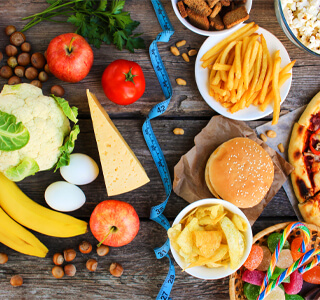How Many Cheat Meals Is Too Many?
The food you have been craving has never tasted as good as it does after you have been sticking to a healthy diet for the past month. But those few bites quickly lead to the full meal devoured, and that one meal turns into a full day of eating poorly. Before you can even register what has happened, your whole weekend was filled with all of the foods you have been depriving yourself of. Research shows just three cheat days a week is as bad for your gut health as a consistently unhealthy diet.
Gaining a small amount of weight, like a pound or two, is not a big deal. But one or two pounds can lead to five or 10 pounds, putting both your motivation and health at risk, and everybody knows it is certainly easier to gain weight than to lose.
Even with the strongest willpower, chances are you are going to let loose once in a while. So exactly how many cheat meals a week are ok? And how exactly do you not let one cheat meal turn into a cheat week?
Don’t think of it as “cheating”

To begin, reconsider calling it a cheat meal or a cheat day. The word cheat has a negative connotation and is associated with feelings of guilt. If you use that word to describe a food or meal, it could impair your ability to maintain any semblance of self-control.
A three-month study published in ScienceDirect found that those who associated chocolate cake with celebration were more successful with their weight loss goals than those who linked the cake with feelings of guilt.
Even just reframing the meal from cheat meal to one with a more positive message, like treat meal, could help support healthy eating behaviors and self-regulation.
Additionally, if we dedicate a certain time frame to “cheating” then we may just eat to eat because we think it will be the only time do so. Instead, consciously indulge in a meal you have been looking forward to. For example, if you love a big, hearty breakfast, then choose that as your meal to indulge in.
Stay calm

If you head to your favorite restaurant a few times, stay calm. Gaining five pounds does not happen overnight. The typical restaurant meal averages around 1,000 calories. While it is more than we would typically eat at home, it is still not thousands and thousands of calories.
You should stick to your diet 90 percent of the time. So, if you eat three meals and two snacks every day, you will be eating 35 times a week. About 32 of those meals and snacks should stick to your healthy diet plan, leaving three of those meals to eat whatever you want.
Avoid scrapping your healthy eating for a whole day
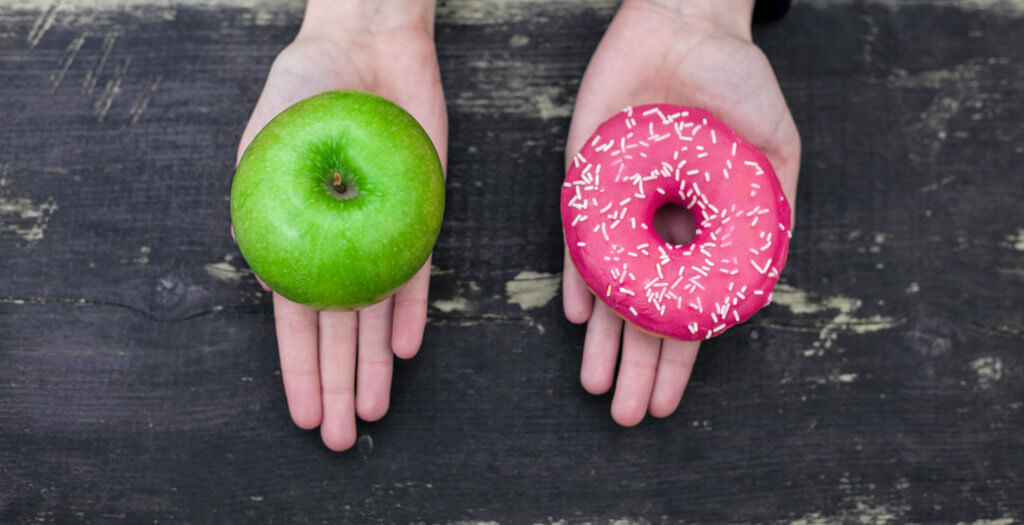
We have all slipped on our healthy eating and thought, “Well, if I’ve already eaten the pizza what difference will a giant bowl of ice cream make?” If you set yourself up for a traditional cheat day, there can be an all-or-nothing attitude. Calling the entire day a wash will obviously do much more harm than a single bad meal. If you are craving something to the point that it is all you can think about, allow yourself to indulge and then carry on with eating healthily. Knowing that you can indulge at any time usually lessens the desire food has over you.
Re-frame why you should eat healthily
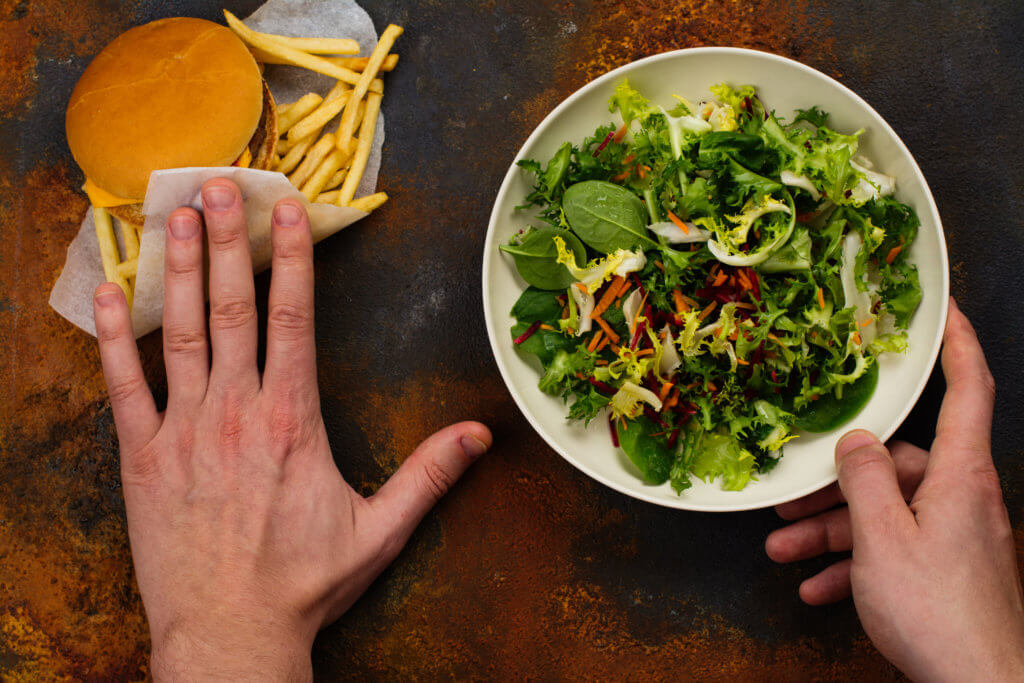
If you think of your healthy meal after a decadent meal as a punishment, try to re-think of your healthy meal as foods that will make you feel mentally and physically better. Chances are you do not feel as well after finishing a giant cheeseburger than you do after finishing a salad with grilled chicken on it. Look to that feeling to motivate you.
Detoxify after a splurge
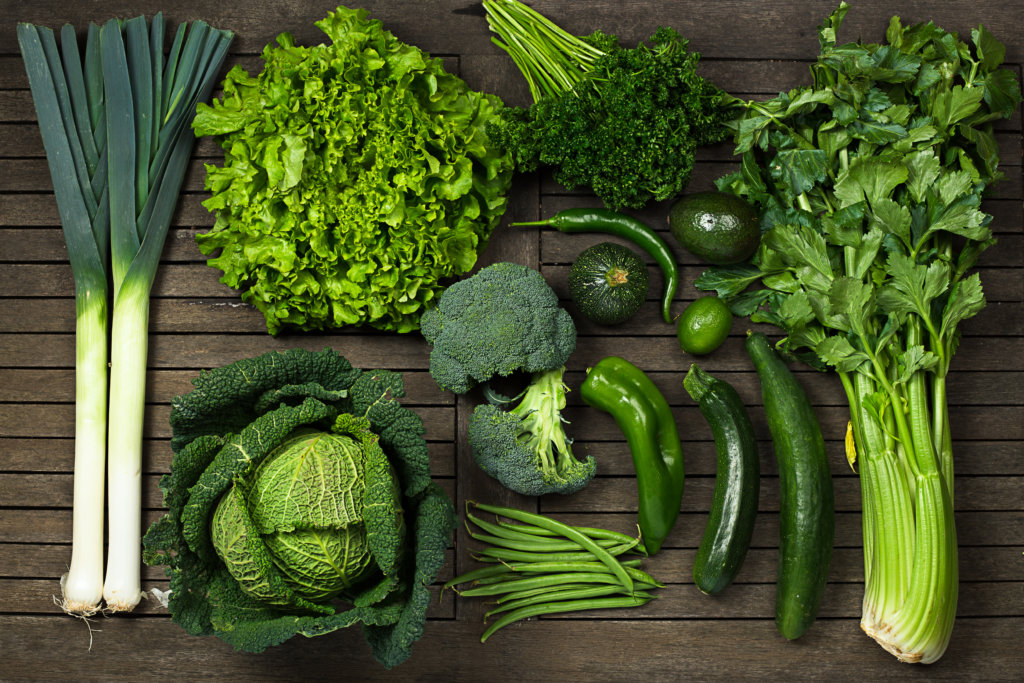
You cannot do anything to undo the damage after you indulge, but you can take a healthy step forward by eating foods you know are healthy. Specifically, eat foods that will help your body reset, such as broccoli, dark leafy greens, avocados, bananas, yogurt, kefir, and kimchi.
Head to the gym

Getting your heart racing does more than burn calories, it will make you feel better mentally and emotionally. You also begin to crave healthier food when you exercise. A University of Georgia study showed that people gain weight on vacation and found that part of the reason those pounds stuck around was because people worked out less once they returned home.
Hop on the scale after a month
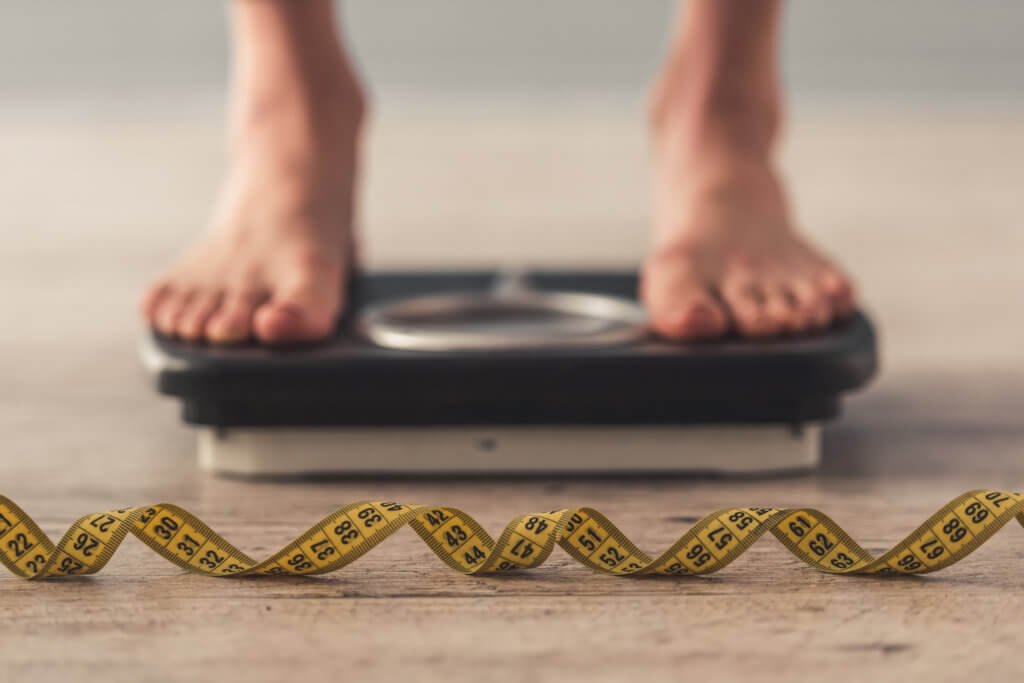
Try to give yourself a break if you eat poorly for a week or gain a few pounds on a vacation. But if your behavior continues for a longer period of time, pay attention to how your clothes fit. Research shows that the more you gain, the easier it is for your body to store extra calories as fat, making it easier to pack on the pounds. If you notice your jeans fitting tighter, reevaluate your eating, because your “sporadic” indulgences may be far less sporadic than you believe.
